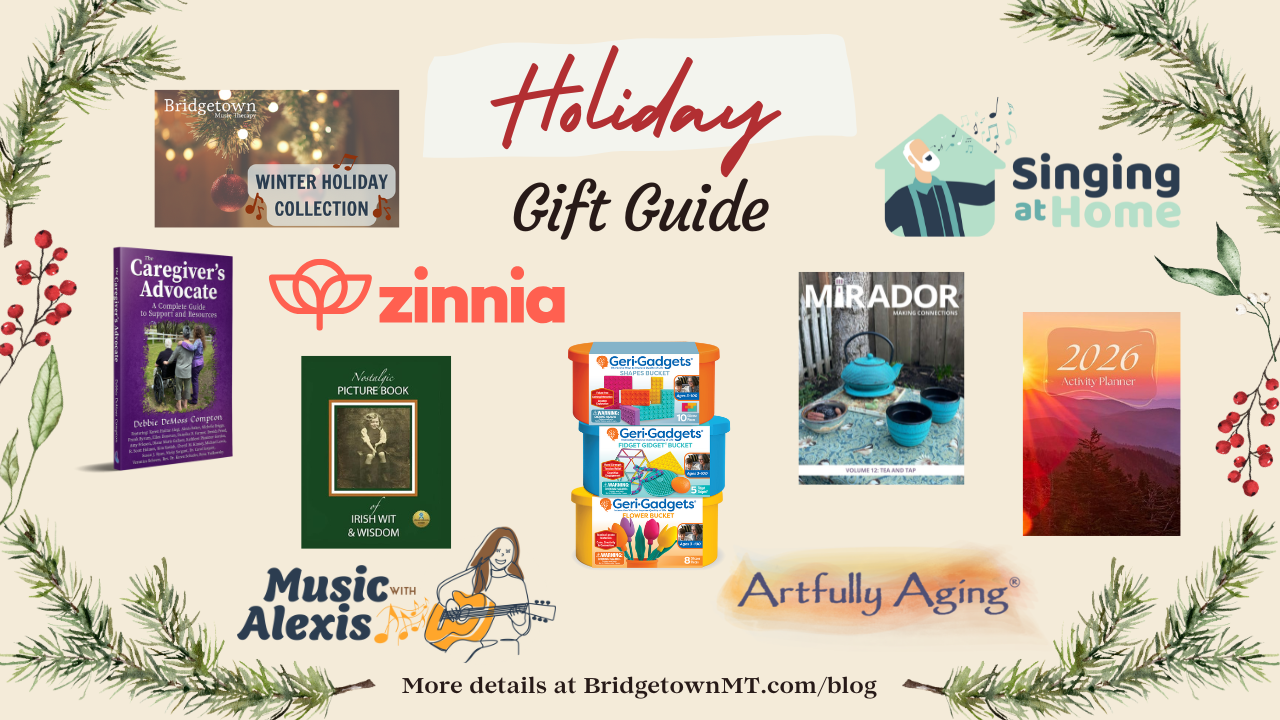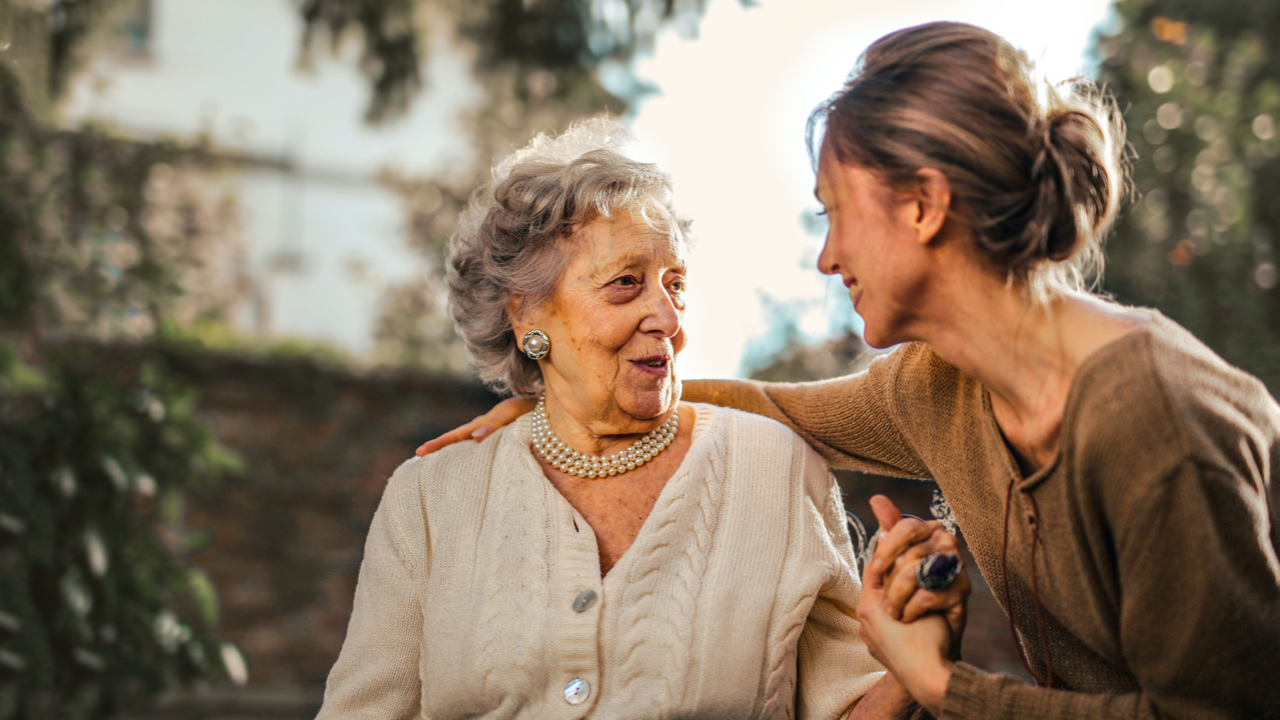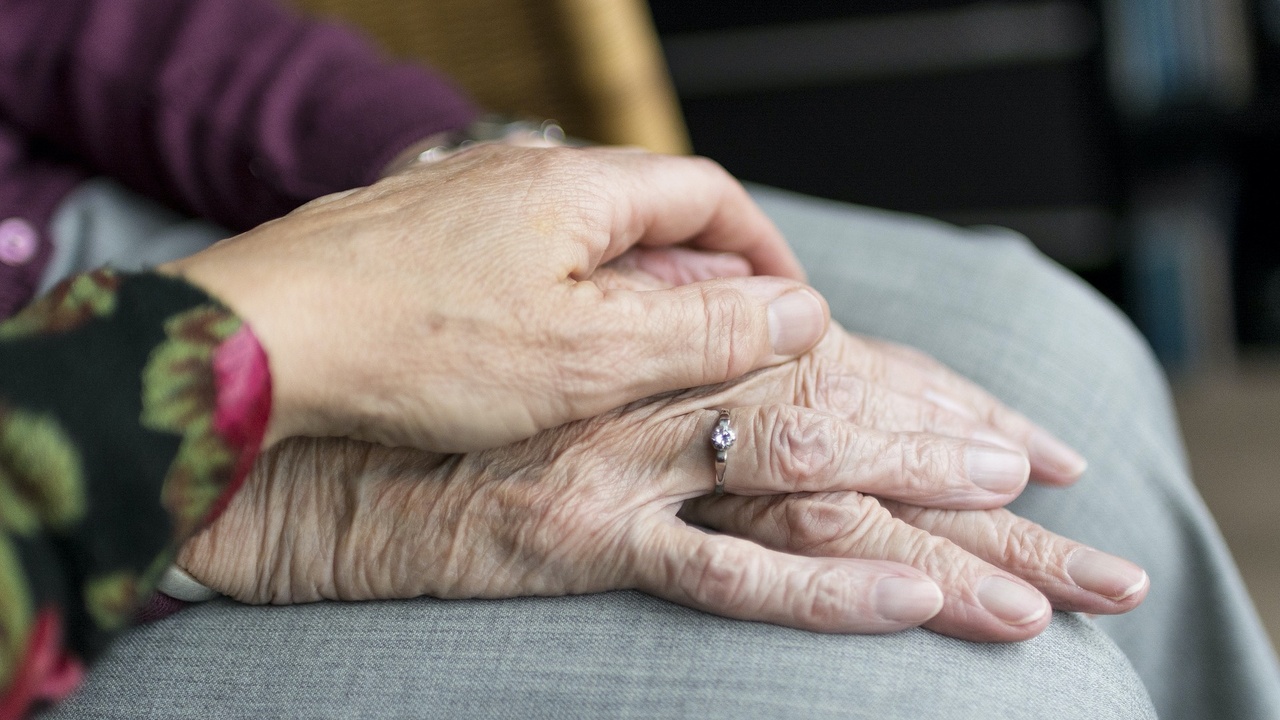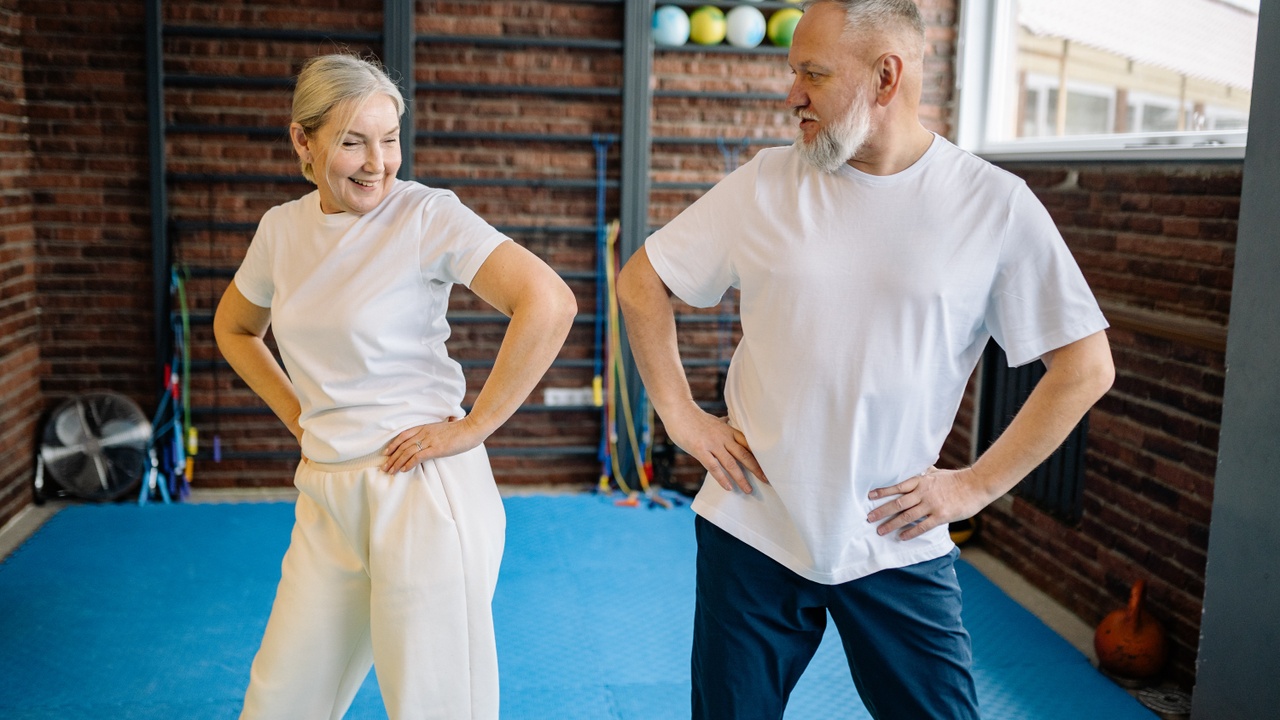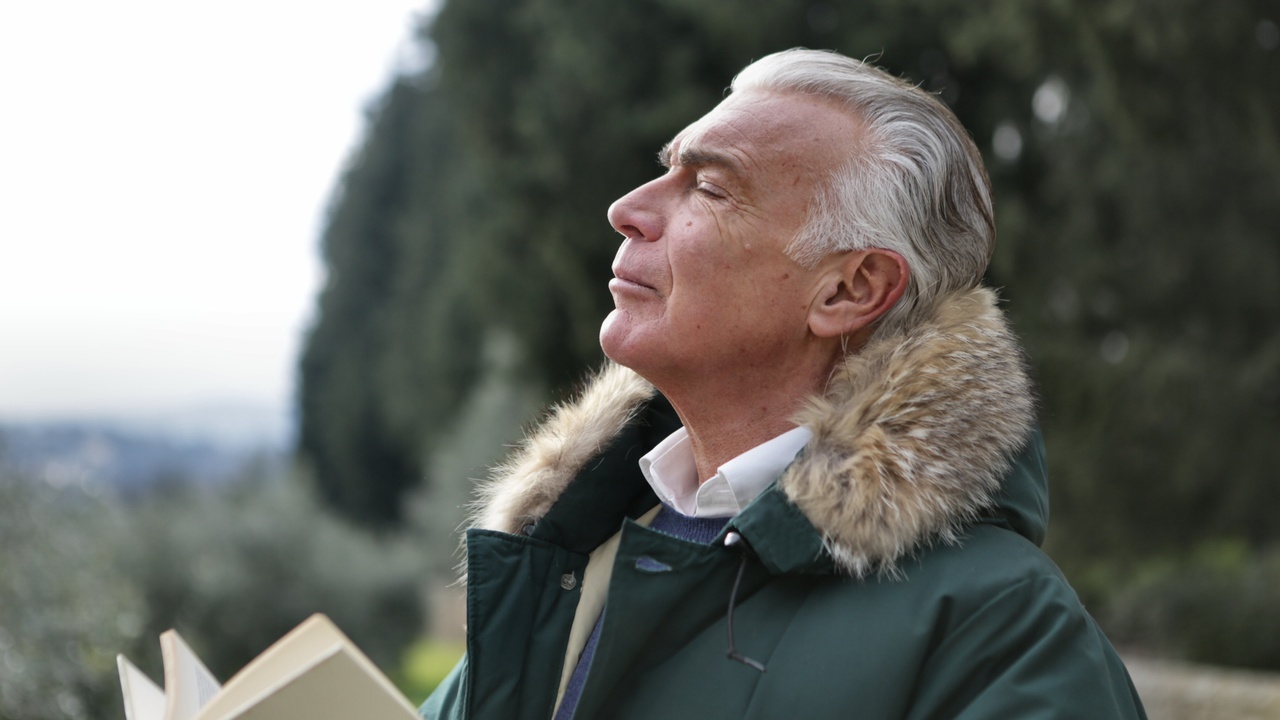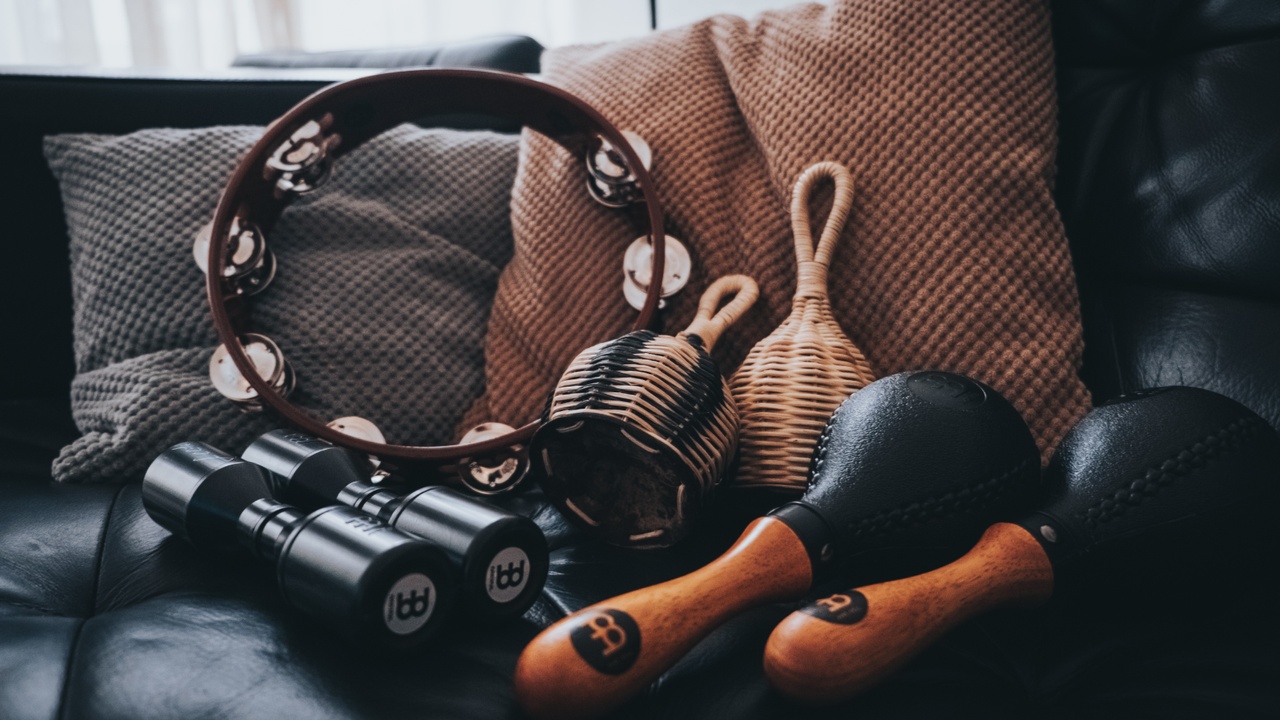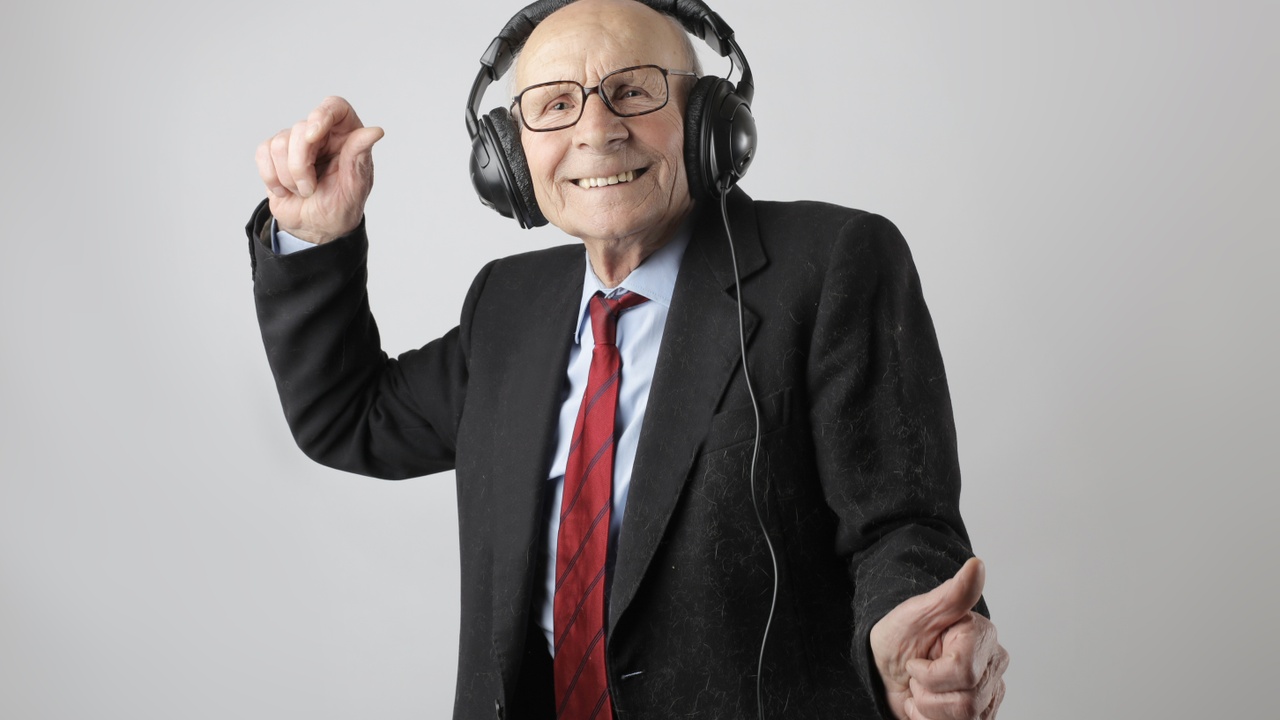Bridgetown's Holiday Gift Guide
Nov 30, 2025
The Heart Work of Enriching Lives Every Day
Jan 01, 2025
12 Resources and Tools for Dementia Caregivers
Nov 01, 2024
Why Can’t I Just Use YouTube?
Feb 01, 2024
What Are the Benefits of Singing for Older Adults?
Nov 18, 2021

